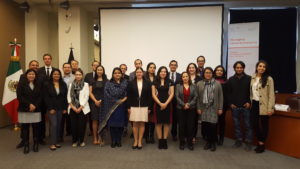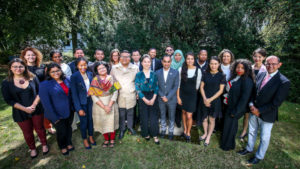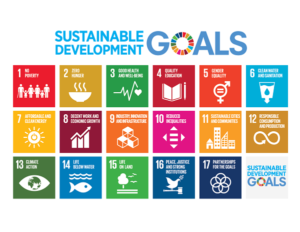
On 25-26 July, the Managing Global Governance (MGG) network organised together with the Mexican Agency for International Cooperation and Development (AMEXCID) and the research organisation Instituto Mora the conference „The Power of Cooperation: Shaping a positive narrative of global governance“. It took place at the Ministry of Foreign Affairs in Mexico City.
Alumni of all years of the MGG Academy, – the training and dialogue format of the MGG network – partners from the MGG network, and guests from politics, academia, civil society, and the private sector discussed how to hold open spaces for dialogue in times of increasing polarisation and nationalist tendencies. The discussions focused on the direct exchange between all stakeholders, the agreement on problems and possible solutions and the work in multi-sectoral networks in the fields of migration and international development cooperation.
The conference was part of a series of events in all MGG partner countries (Brazil, China, India, Indonesia, Mexico, South Africa) to examine positive narratives of global governance. The conference in Mexico built on the discussions in India (28 – 29 April 2019) and its results will feed into the follow-up event in Brazil (18 – 20 September 2019).
The great interest in the discussion is documented by related media coverage.


